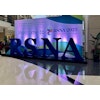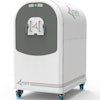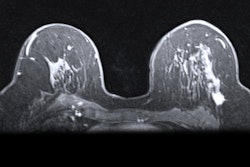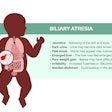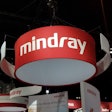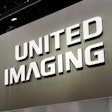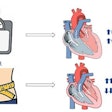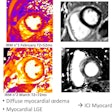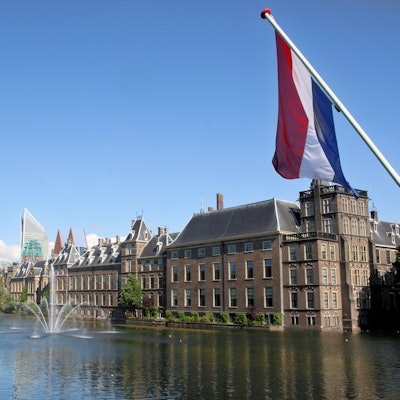
The second chamber of the Dutch parliament has voted unanimously in favor of women with dense breast tissue undergoing MRI exams as part of the national screening program. This follows a lively debate between radiologists and politicians over recent weeks.
The ballot took place on the afternoon of 8 February. The decision to offer MRI to women with extremely dense breasts as part of the national screening program was accepted by all parties and represents a victory for optimal patient care, Dr. Ritse Mann, PhD, topical expert for the Dutch Radiology Society (NVvR), told AuntMinnieEurope.com. But it will take some time before the decision can be fully implemented into screening protocols, he warned.
 Dr. Ritse Mann from Nijmegen.
Dr. Ritse Mann from Nijmegen."Implementation of MR mammography will easily take a year," he said. "Still this is in essence quite straightforward, so it will largely depend on the speed of the National Institute for Public Health and the Environment (RIVM) branch that is tasked with it."
This process will still be much quicker than waiting for contrast-enhanced mammography studies, after which any implementation would also take some time, added Mann, who is a breast radiologist at Radboud University Medical in Nijmegen and the Netherlands Cancer Institute.
The vote is the latest development in a spate of arguments for and against MRI screening. The Health Secretary originally recommended that instead of MRI screening for women with dense breasts, there should be a new non-inferiority trial to investigate the role of contrast-enhanced mammography for screening these individuals.
The NVvR has strenuously supported MRI screening for women at high risk of breast cancer, and it rejected the guidance in a statement released on 2 December.
While the Secretary put forward plans not to include MRI screening for this population in line with advice from the Health Council, the Ministry of Health's subcommittee --consisting of government and opposition members -- proposed a different resolution in favor of MRI screening.

